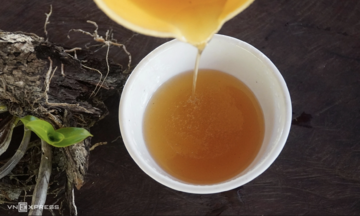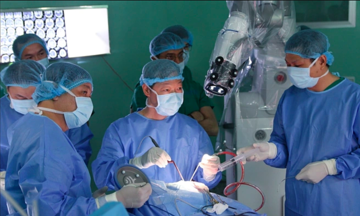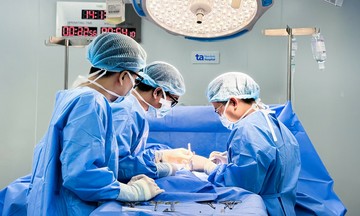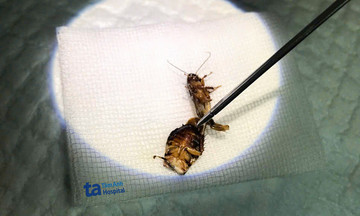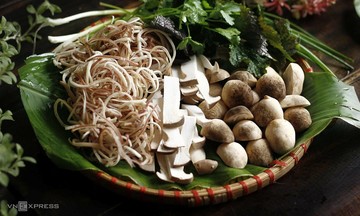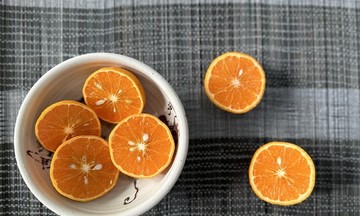Kidney disease impairs the organ's ability to filter blood and remove toxins, leading to a buildup of harmful substances in the bloodstream and seriously impacting health. According to Dr. Ho Tan Thong, a nephrologist and dialysis specialist at Tam Anh General Hospital in Ho Chi Minh City, a healthy diet plays a vital role in supporting treatment and slowing the progression of kidney disease. While fruit is generally healthy, individuals with kidney problems, particularly those in stages 4-5 of chronic kidney disease and those not yet on dialysis, should avoid the following six types.
Bananas
Bananas are high in potassium, with a medium-sized fruit containing around 422 mg. Kidney patients should avoid bananas to prevent elevated potassium levels, which can lead to dangerous complications like heart rhythm disturbances and cardiac arrest.
Coconuts
Both coconut water and coconut meat are rich in potassium and should be avoided by individuals with stage 4-5 chronic kidney disease. One glass of coconut water contains 404 mg of potassium, and 100 g of coconut meat contains 380 mg. Coconut-based products are also not recommended for those with chronic kidney disease.
Citrus fruits
Oranges, lemons, and grapefruits are excellent sources of vitamin C and antioxidants, benefiting heart health, lowering blood pressure and bad cholesterol, and preventing atherosclerosis. However, citrus fruits are also high in potassium. A medium-sized orange can contain up to 240 mg of potassium, and a glass of freshly squeezed orange juice even more.
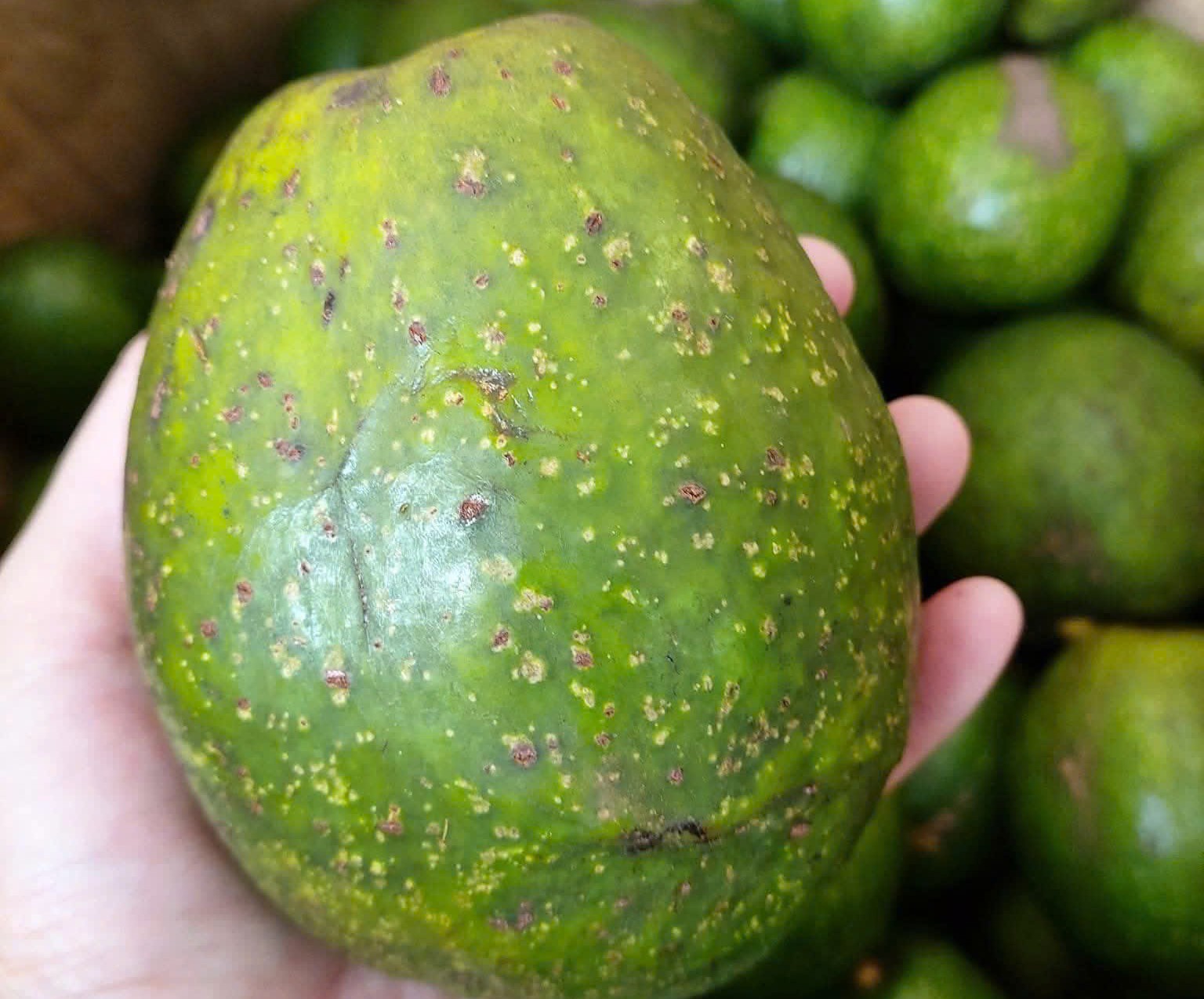 |
Avocados are nutritious but high in potassium, making them unsuitable for people with kidney disease. Photo illustration: Ha Thanh |
Avocados
A large avocado (about 200 g) can contain over 975 mg of potassium, nearly half the recommended daily intake (2,000 mg) for people with kidney disease. When kidney function is compromised, consuming too much potassium from avocados can cause elevated blood potassium levels. Avocados are also high in fat, and the impaired lipid metabolism in kidney patients can lead to increased blood lipids and a higher risk of cardiovascular diseases.
Watermelon
This hydrating fruit is rich in antioxidants. However, people with chronic kidney disease, especially those in the later stages, should limit their intake due to its high potassium content, which can strain the kidneys. Excessive potassium accumulation can lead to electrolyte imbalance, affecting cardiovascular health.
Dried fruit
Dried fruits are very high in potassium and sugar, making them unsuitable for individuals with kidney disease and diabetes.
Dr. Thong recommends that kidney patients choose fruits and vegetables low in potassium and phosphorus, such as apples, blueberries, strawberries, bell peppers, cabbage, broccoli, and cucumbers. He also advises against consuming excessive salt, organ meats, canned and processed foods, fried and pickled foods, and limiting alcohol, tobacco, and other stimulants that can harm the kidneys.
Ha Thanh
| Readers can submit questions about urological diseases here for doctors to answer. |



